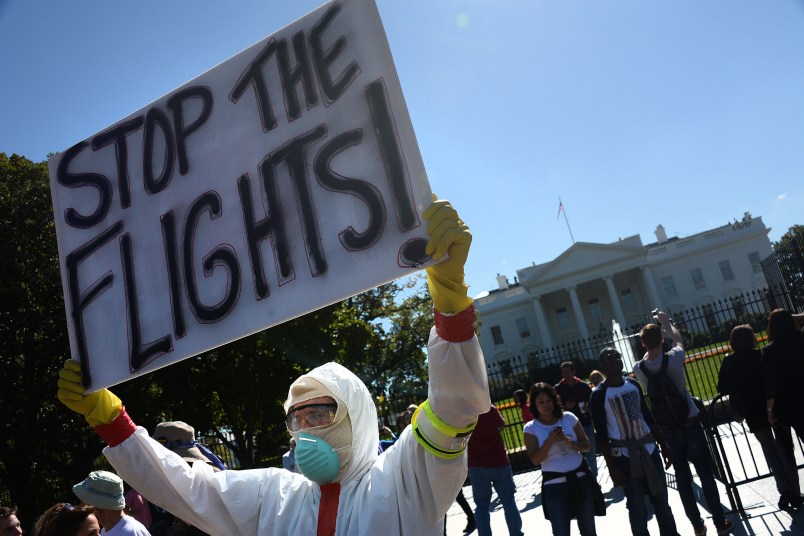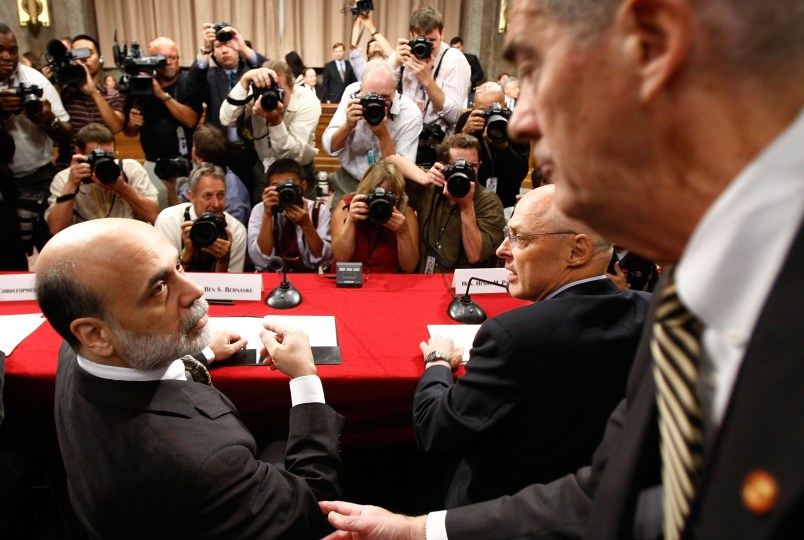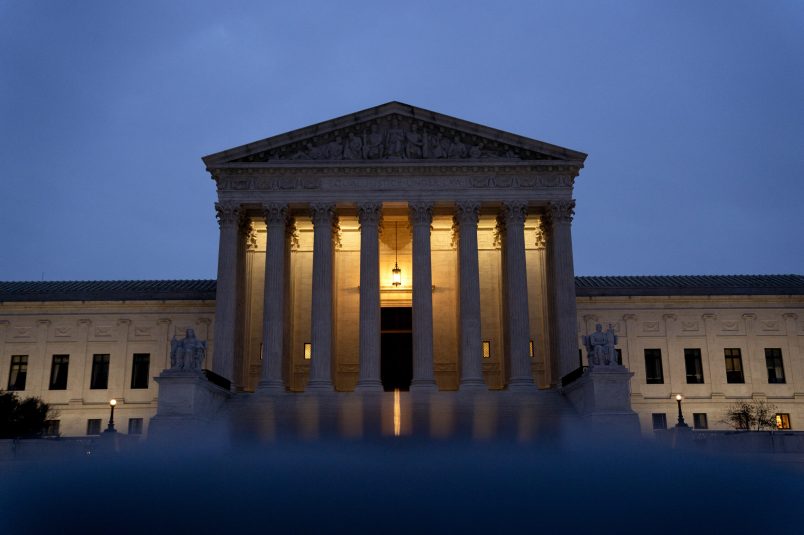The United States is facing a public health crisis. No, not some new measles epidemic or another new or resurgent infectious disease. A more fundamental crisis is unfolding because of declining trust in our public health system.
The federal government’s lead public health agency, the Centers for Disease Control and Prevention (CDC) is responsible for protecting people from international and interstate health threats. The CDC also collects public health data, does research, and provides technical support and guidance to state and local governments. To succeed in its many vital tasks, the CDC must be trusted as a rigorous, nonpartisan resource by the American people. But, unfortunately, over the past year, the agency has experienced a sharp decline in public trust.
The story begins with Ebola. Last fall, CDC officials were slow and inconsistent in responding when Ebola-infected travelers arrived in the United States. It only took a few cases in Texas and New York for widespread panic. Some 21 states rejected federal guidance on Ebola procedures and instead implemented their own more restrictive policies, including three-week mandatory quarantines of health care workers returning from West Africa, even though such drastic steps were criticized by many public health experts as being unnecessary and counterproductive.
Inconsistent federal and state policies and shifting and inadequate public pronouncements about Ebola contributed to an erosion of public confidence in the CDC. According to a CBS News poll in October 2014, 37% of respondents rated the CDC as excellent/good, while 60% rated it fair/poor. This reflected a sharp decline from a May 2013 Gallup poll in which 60% of the American public rated the CDC as excellent/good. Of course, even a 60% positive rating is worrisomely low for such an important agency.
Sadly, trust in U.S. public health authorities has been in decline for years. Despite clear recommendations and overwhelming scientific evidence, significant numbers of Americans have chosen not to get vaccinations for themselves and their children, which contributed to the recent outbreak of measles.
It is no surprise that political party affiliations have been shown to be closely associated with trust in the government’s public health pronouncements. For example, shortly after President Obama took office in 2009, there was a public health crisis with the outbreak of the H1N1 influenza virus. Nearly half the population refused to get vaccinated, and studies showed that Democrats were more likely to accept the CDC’s recommendations and get vaccinated.
Can trust in the CDC be restored?
America’s increasingly rancorous political culture is part of the problem. But surely the answer cannot be simply to blame personalities and unfolding political disputes, and merely hope for the arrival of a better political climate.
Here is a modest proposal: Change the term of the CDC director to a fixed span of ten years, instead of having agency heads serve at the pleasure of the president.
Since 1942, the average tenure of a CDC director has been only about four years. As suggested by the example of the Governors of the Federal Reserve, long, clearly defined terms can potentially reduce the role of partisanship in appointments of vital public posts. If the term at the CDC were ten years, each director would serve during two or three presidential administrations and possibly enjoy greater bipartisan credibility.
There is another advantage: By having one official serve for a decade as the face of the nation’s public health system, Americans could become more familiar with that individual. The director would have a greater opportunity to build public trust.
Trust in the CDC is a vital national resource. The CDC director is front and center in any national health emergency and plays a vital role in mobilizing Americans to act in the face of a dire threat—or reassuring the public when a perceived threat is not serious.
In a era when health perils can spread very rapidly, public wellbeing can depend on the willingness of all U.S. citizens and residents to set aside individual interests and act for the common good—whether that means getting vaccinated, respecting quarantine procedures or following other vital guidelines. People’s willingness to take those actions depends on their faith in the nation’s top public health agency. It is vital that we explore ways to restore that trust.
Mark A. Rothstein is a professor at the University of Louisville School of Medicine and a member of the Scholars Strategy Network.










The CDC lost our trust?
When did this occur, when a private hospital didn’t follow procedures and someone was infected which in no way was the fault of the CDC?
Yes, and “Thanks Obama!”
The CDC has been proved correct in just about everything it did and said related to the Ebola outbreak. Not that you’d know that, listening to much of the media reporting at the time.
It’s a damn dirty shame that the CDC, and public health officials generally, have gotten a bum rap out of this, and the hair-on-fire shriekers suffer no consequences whatsoever.
"Last fall, CDC officials were slow and inconsistent in responding when Ebola-infected travelers arrived in the United States. "
Seriously? The CDC had standards in place, only one person contracted Ebola in this country and that was because of poor hospital protocols, and the only issues were with panic largely created by Republicans like Rick Perry and Chris Christie attacking President Obama and the CDC for endangering the American public.
There was no outbreak, the situation is getting under control in Liberia and other African countries in no small measure thanks to the Obama administration’s actions, and on review everything the CDC and administration did seems to have turned out well.
This is the problem with modern politics, especially on the left. The Democrats do just about everything correctly, the Republicans slam them for small problems and try to sow fear and distrust, and then the media – even progressive outlets like TPM – cover it as if it were a controversy that the Democrats are either responsible for creating or responsible to fix.
Agree with the other commenters: unless you can point to something that the CDC did wrong, suggesting that we replace the CDC director is complete nonsense.